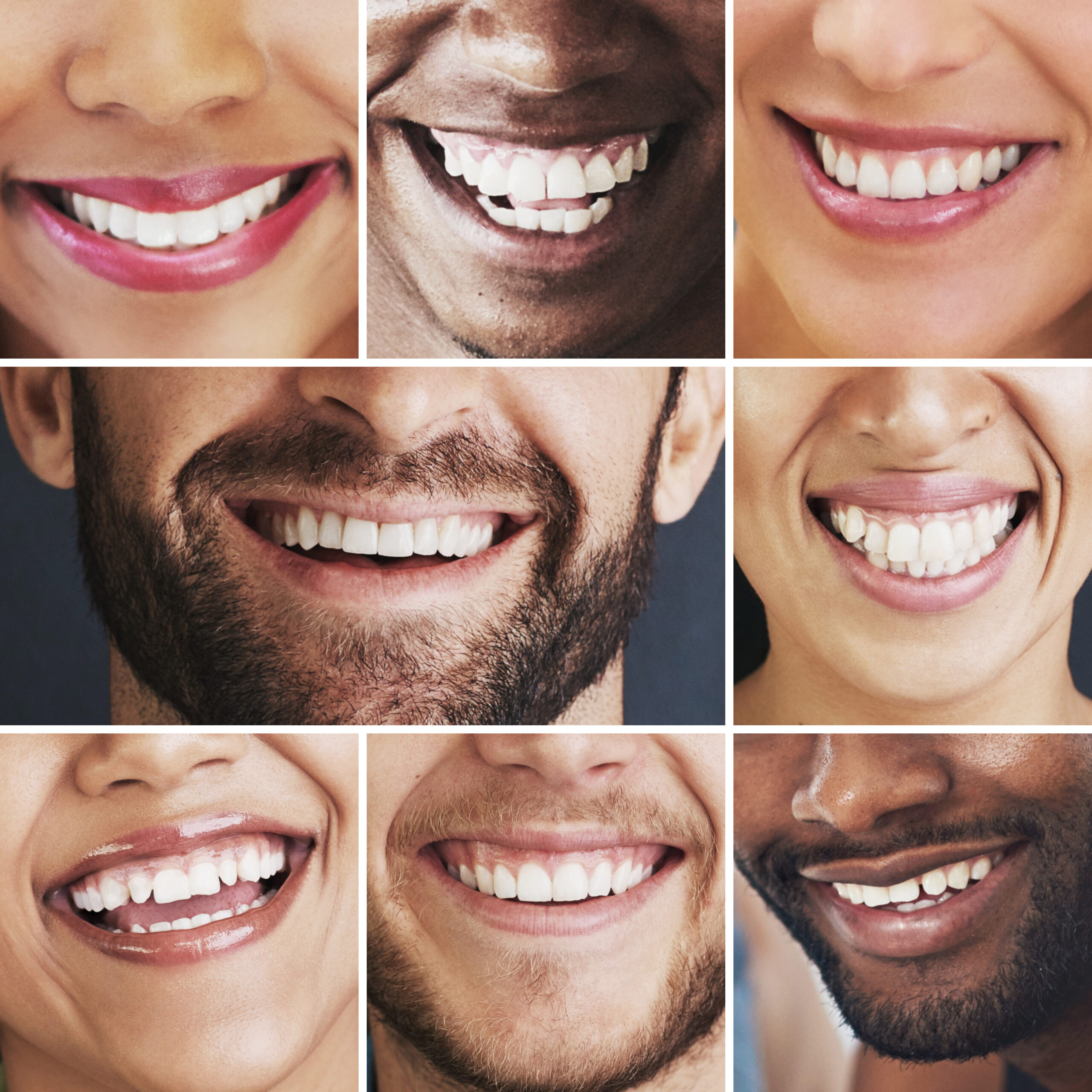
Additional Patient Info
Select a topic below to learn more
Financial Assistance & Payment Plans


Common Patient Questions & Concerns
A missing tooth is definitely more than just a cosmetic issue. Here's what happens: when you lose a tooth, the neighboring teeth slowly start to shift into that empty space. This shifting can throw off your bite alignment and make it harder to chew properly.
Even more concerning - without that tooth root stimulating your jawbone, you'll start losing bone density in that area. Think of it like a "use it or lose it" situation. This bone loss can affect the stability of your surrounding teeth and even change the shape of your face over time.
Yes! Professional cleaning and polishing at our office can remove surface stains effectively. For regular maintenance, I recommend brushing twice daily with whitening toothpaste – look for ones with silica.
Over-the-counter whitening strips can also help, but don't overuse them as they can increase sensitivity. A tip many of my patients find helpful: rinse your mouth with water after drinking coffee or tea to prevent stains from setting in.
This is a common issue we see in my practice! For the grinding (we call it bruxism), the most effective solution is wearing a custom night guard. It's like a protective shield for your teeth while you sleep. While we can't eliminate the grinding entirely - it's often linked to stress or sleep issues - we can definitely protect your teeth from further damage.
As for repairing the existing wear, it depends on the severity. Minor wear might just need monitoring, but if your teeth are significantly worn down, we can restore them using bonding or crowns to rebuild their shape and protect them from further damage.
If you're grinding "in your sleep" - do you also find yourself clenching during the day? This is something we should address too, as daytime grinding can be just as damaging.
We completely understand dental anxiety, especially after a negative experience. We're glad that you're taking steps to address your dental health despite your fears.
In our practice, we take a "you're in control" approach. You can signal anytime you need a break during procedures - some of my patients use a simple hand raise. We can also start with just a conversation in the office - no exam, no pressure - so you can get comfortable with the environment.
For moderate to severe anxiety, we offer several options:
- Detailed explanation of every step so nothing comes as a surprise
- Nitrous oxide (laughing gas) for mild relaxation
- Anti-anxiety medication taken before appointments
- Noise-canceling headphones and comfort items from home
Tooth pain typically comes from a few main causes:
Most commonly, it's decay (a cavity) reaching the inner tooth where the nerves are. Think of it like decay drilling a hole through your tooth's protective layers until it hits the sensitive inside.
Another frequent cause is gum infection or recession that exposes the sensitive root of your tooth. If you're noticing sensitivity with hot/cold drinks, this might be your issue.
Cracked teeth can also cause sharp pain, especially when biting. Sometimes these cracks are so small they don't show up on X-rays, but they can really hurt!
The key is getting checked promptly when you have pain - waiting usually leads to bigger problems and more extensive treatment.
As a dental practice, we need to learn more about your jaw pain to give you proper guidance. This could be TMJ disorder (jaw joint issues), muscle strain, or potentially teeth grinding effects.
Things to consider:
- Is the pain on one or both sides?
- Do you hear clicking or popping when you open your mouth?
- Does it hurt more in the morning or after eating?
For immediate relief, try:
- Apply ice/heat alternately (20 minutes each)
- Stick to soft foods temporarily
- Avoid wide mouth movements
- Gentle jaw stretches
If this is TMJ-related, we can discuss fitting you for a night guard. But first, let's pinpoint what's causing your discomfort so we can treat it properly.
